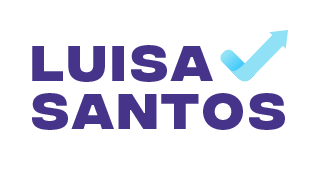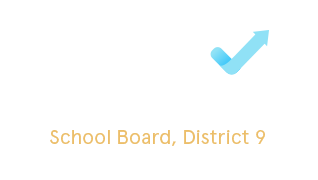COVID-19 and Inequality
COVID-19 has served to make the inequities in our current systems more apparent, demonstrating the wide-ranging effects of issues of the digital divide and food insecurity. While COVID-19 has ravaged all communities, we have seen the deep damage that it has done to communities of color and lower-income communities. We rectify these issues, and the systemic inequities that have allowed them to appear, by proposing solutions that target the issue at its heart, not simply bandaging the byproducts. For example, there exists a general ladder of access to the internet nationwide, where low-income families and rural areas have less internet access than others. The internet is no longer a luxury resource, it is a necessary utility that is needed to complete homework and access valuable learning resources. We must rethink the School Board’s ability to serve as advocates on a grander scale, and in this time of crisis, we can use our powers to find innovative solutions to lacking internet access. Whether it be developing public-private partnerships to close internet gaps, or working at the county level to create municipal or democratic internet access, we must and will find a solution. Furthermore, we must continue and expand our current technology distribution programs so long as schools remain closed, and once schools open, students should have access to the necessary technology regardless of area or zip code. Our School Board must work collaboratively and diligently to close the digital divide.
The issue of food insecurity similarly plagues our communities. Within our schools, the free and reduced lunch program, along with the free breakfast provided by the county, are key meals for our students. In the midst of the shutdown of schools, we must also consider how to meet the food security needs of our families and students while students continue to learn from home. We must expand the current food distribution networks that have been implemented, ensuring that every student who necessitates a meal receives one. Furthermore, we must be prepared to grapple with the mental health and academic effects of food insecurity. Achievement gaps between our higher and lower income, and white and black students, continue to exist within the county. With issues such as internet access and food insecurity perpetuating these divides, we must be prepared to assist students with mental health resources such as telehealth, as well as acknowledging the link between social-emotional needs and academic success. Through tackling long standing inequities in food security and internet access, as well as caring for the mental health of our students during the process, we can effectively work to mitigate the divides showcased by the pandemic.

